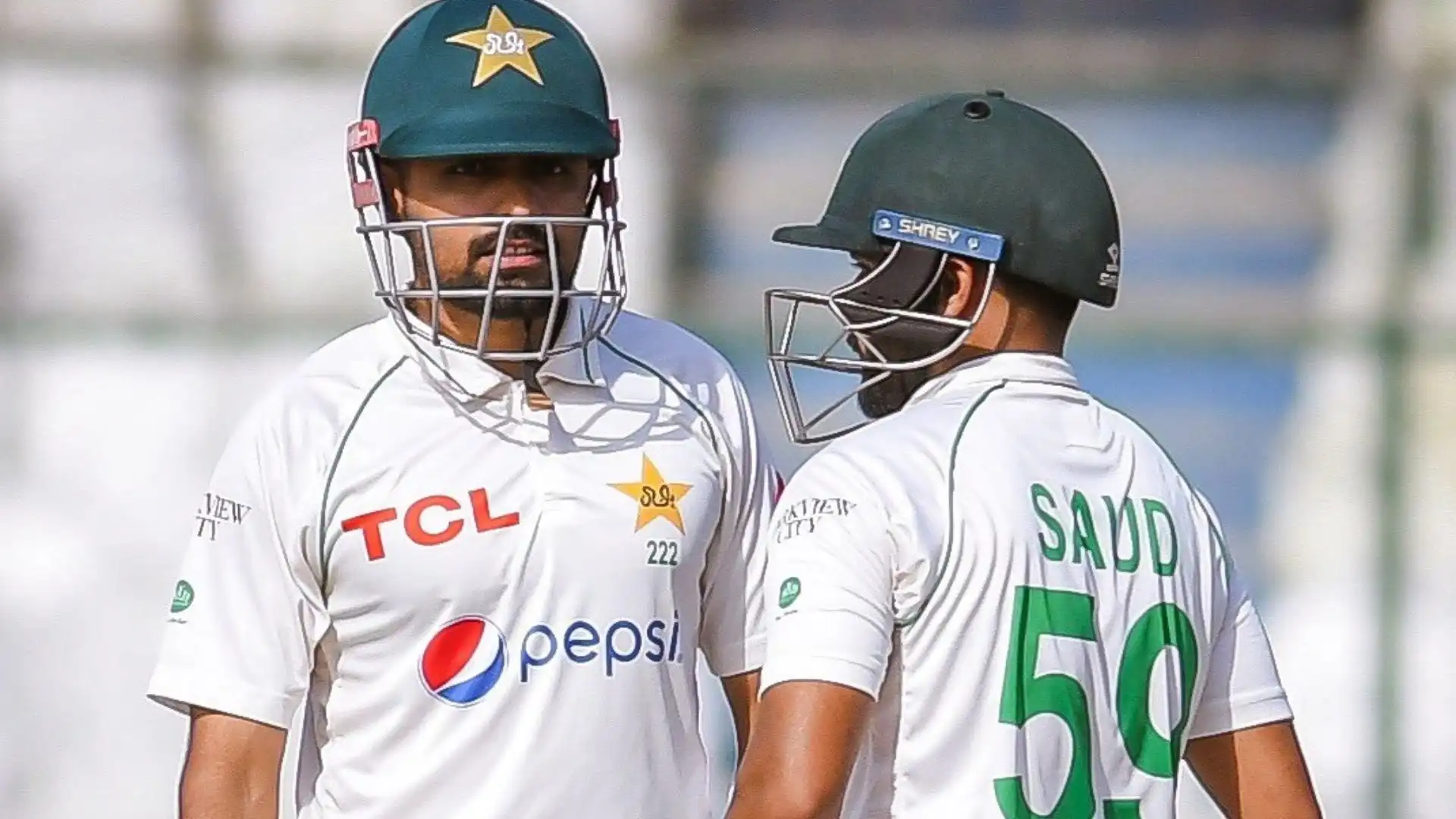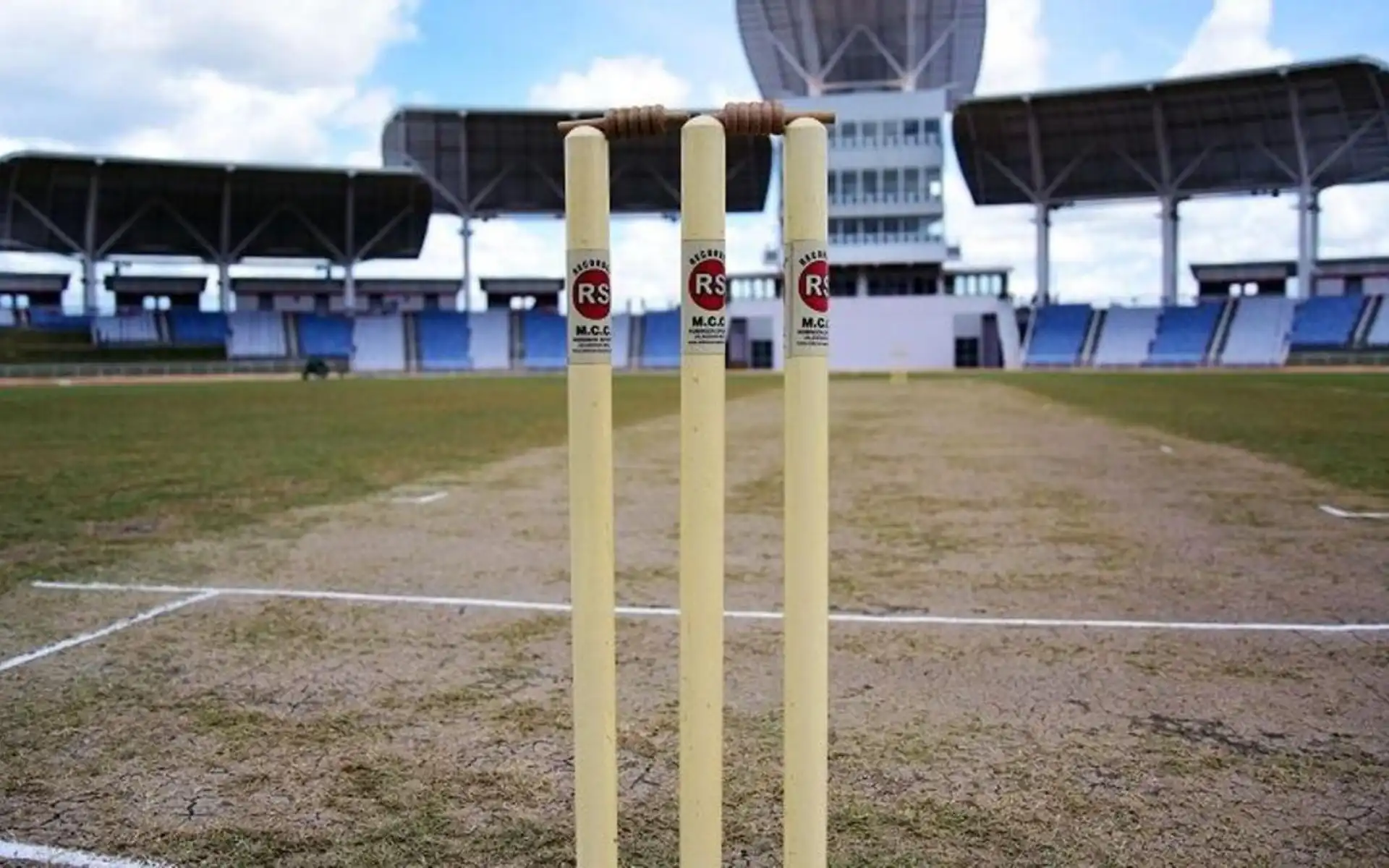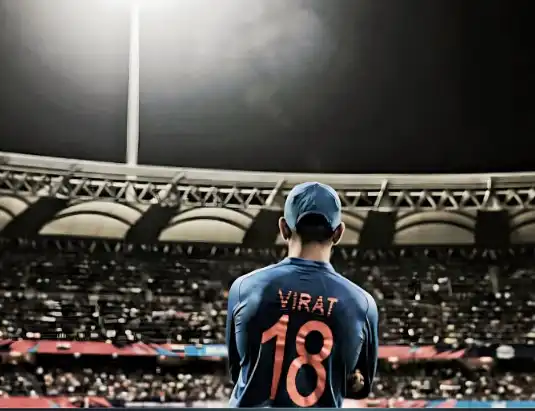.jpg?type=hq) Sir Ronnie Flanagan announces retirement after 14 years of leading ICC's ACU (X)
Sir Ronnie Flanagan announces retirement after 14 years of leading ICC's ACU (X)
In a significant development for cricket’s ongoing battle against corruption, the independent chair of the International Cricket Council’s (ICC) Anti-Corruption Unit (ACU), Sir Ronnie Flanagan is set to retire at the end of October. Flanagan, a veteran cop with a storied career in law enforcement, will be stepping down after 14 years of service that saw him lead the charge against corruption in the game.
Flanagan Set to Retire After 14 Years of Steering Cricket’s Anti-Corruption Fight
His decision to hang up his boots comes in the wake of ACU head Alex Marshall also announcing his retirement, slated for November. Flanagan, once the Home Office chief inspector of constabulary for England, Wales, and Northern Ireland, has been a prominent figure in the world of cricket governance since 2010. He succeeded Lord Paul Condon, the ACU's inaugural head, who served for a decade.
The foundation laid by Condon in the early 2000s was crucial, especially after the storm of match-fixing scandals that saw cricket's reputation dragged through the mud.
With life bans handed out to high-profile captains like Mohammad Azharuddin, Saleem Malik, and Hansie Cronje, Condon’s tenure was about setting the record straight and building the guardrails to protect the sport.
When Flanagan took over, the ACU was already established, but the battle was far from over. The seasoned cop, known for his no-nonsense approach, knew all too well that corruption in sport could not be eradicated overnight.
Cordon had once remarked, "T20 cricket, particularly domestic leagues, represents the biggest challenge to the integrity of the sport." His warning rang true when the IPL scandal erupted in 2013, a controversy that sent shockwaves through the cricketing fraternity.
Like a captain steering his ship through choppy waters, Flanagan had then urged the cricket boards worldwide to tighten their anti-corruption laws, not just to protect players but to safeguard the game from the very people who stood to profit the most—the owners, franchise heads, and match officials.
Under his leadership, the ACU didn't just focus on international cricket but shifted its gaze to the rapidly growing domestic leagues, which had become fertile ground for corrupt practices.
ICC Begins Search for Flanagan’s Successor
As the curtains prepare to fall on Flanagan’s distinguished tenure, the ICC is already working to identify his successor. The organization plans to put forward a recommendation for the next ACU chair during the October quarterly meetings.
With match-fixing threats still looming over the game, particularly in T20 leagues, the challenge ahead is massive. For now, however, as Flanagan prepares to pass the baton, his legacy will stand as proof of his incredible leadership in cricket’s most turbulent times.

.jpg)



.jpg?type=mq)
